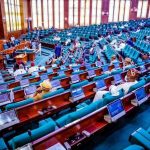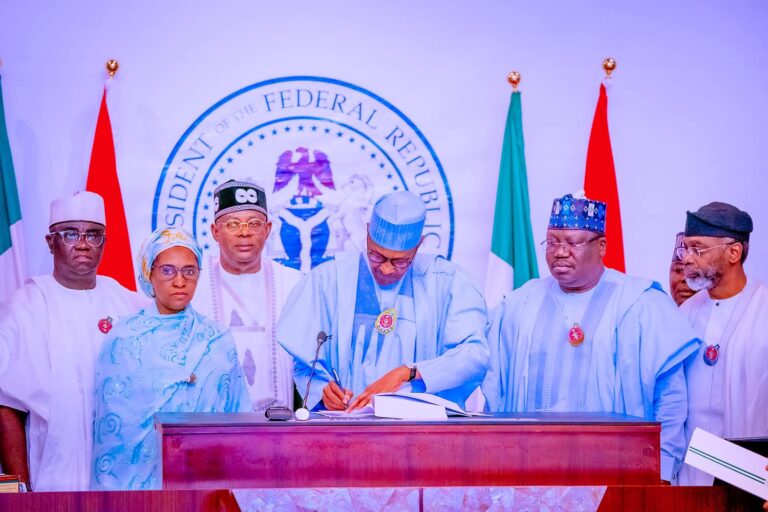Chairman of the Presidential Committee on Fiscal Policy and Tax Reforms, Mr. Taiwo Oyedele, has clarified that the proposed Nigeria Tax Bill, 2024, currently before the National Assembly, is designed to enhance the nation’s fiscal structure and is not intended to undermine any region.
Speaking at an interactive session in Abuja organized by the House of Representatives, Mr. Oyedele highlighted the socioeconomic challenges confronting Nigeria, including 33.88% inflation, widespread unemployment, and over 133 million citizens living in multidimensional poverty. These realities underscore the urgent need for reforms in the country’s tax system.
Key Features of the Proposed Tax Reforms
Mr. Oyedele outlined the objectives of the reforms, emphasizing their focus on efficiency, equity, and broad-based revenue generation.
– Abolishment of “Nuisance Taxes”: Elimination of low-revenue-yield taxes that disproportionately burden the poor and small businesses.
– Focus on High-Yield Taxes: Streamlining taxes to those that are broad-based and easier to collect.
– Consolidation and Harmonization: Reducing the total number of taxes at all government levels to a single digit and merging overlapping levies.
– Zero VAT on Essentials: Exempting food, education, healthcare, rent, and transport from VAT, while increasing VAT rates on non-essential items.
– SME Relief: Ensuring over 97% of SMEs are exempted from charging VAT, thereby reducing their tax burden.
Revenue Distribution and Benefits
Under the current VAT Act, revenue is shared with 15% allocated to the Federal Government, 50% to states, and 35% to local governments. The reforms aim to improve efficiency in this distribution, allowing states to benefit more directly from taxes generated within their regions.
Mr. Oyedele assured stakeholders that the reforms are people-centered, prioritizing inclusivity, transparency, and citizen engagement.
Legislative Perspective
The Speaker of the House of Representatives, Honourable Tajudeen Abbas, emphasized the importance of scrutinizing the proposed bills to align with the national interest.
He noted that the reforms are essential for expanding Nigeria’s tax base, improving compliance, and creating sustainable revenue streams for national development. Abbas lamented Nigeria’s low tax-to-GDP ratio of 6%, which is far below the global average and poses a significant challenge to economic sustainability.
“Taxes should be fair, transparent, and justifiable, balancing public revenue needs with the burden on individuals and businesses,” Abbas remarked, urging legislators to approach the reforms thoughtfully.
Stakeholder Involvement
Dr. Zacch Adedeji, Chairman of the Federal Inland Revenue Service (FIRS), stated that the agency is prepared to implement policies once the bills are passed. He commended the legislative and executive collaboration on the reforms, emphasizing their potential to transform Nigeria’s fiscal landscape.
The session highlighted the importance of pre-legislative scrutiny, which allows lawmakers to address ambiguities, align proposals with constitutional provisions, and engage stakeholders to build consensus.
The Path Forward
The proposed tax reforms signify a crucial step toward fiscal stability and economic growth in Nigeria. By reducing reliance on debt financing, diversifying revenue streams, and promoting equity, the reforms aim to create an enabling environment for investment and innovation while addressing the pressing socioeconomic challenges faced by millions of Nigerians.
The ongoing debates surrounding the reforms reflect their significance and underscore the need for inclusive dialogue in shaping Nigeria’s future.










